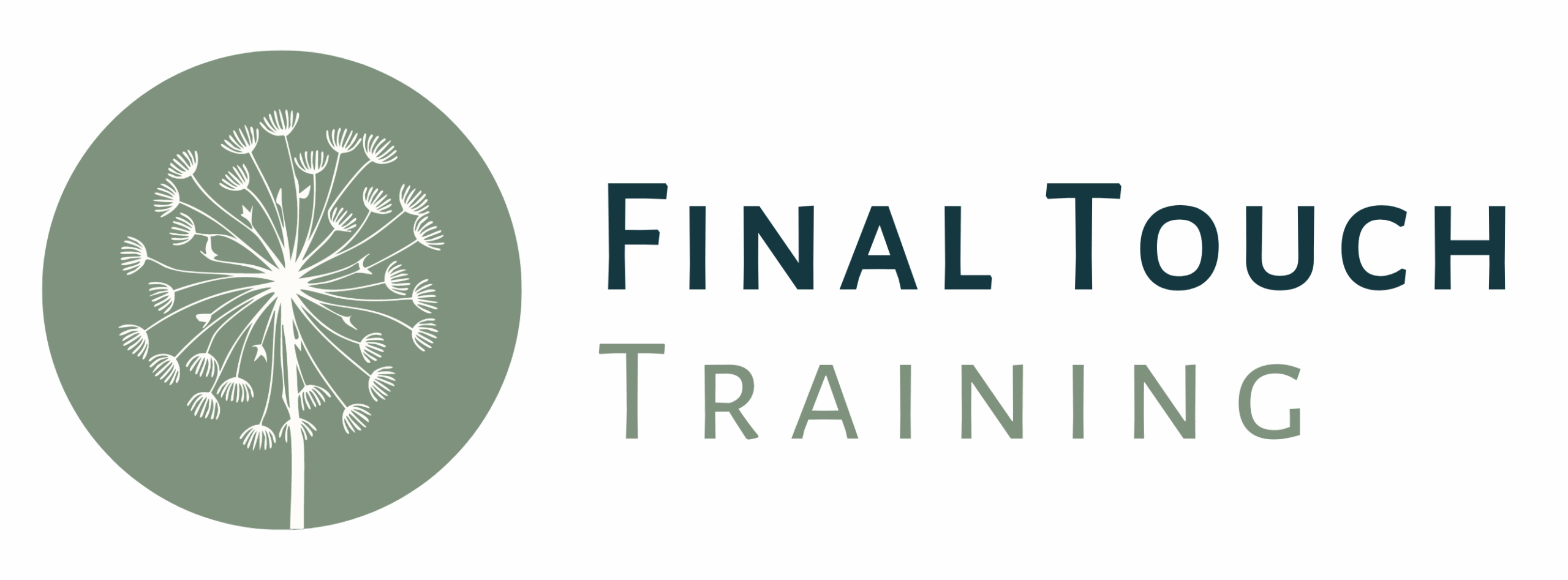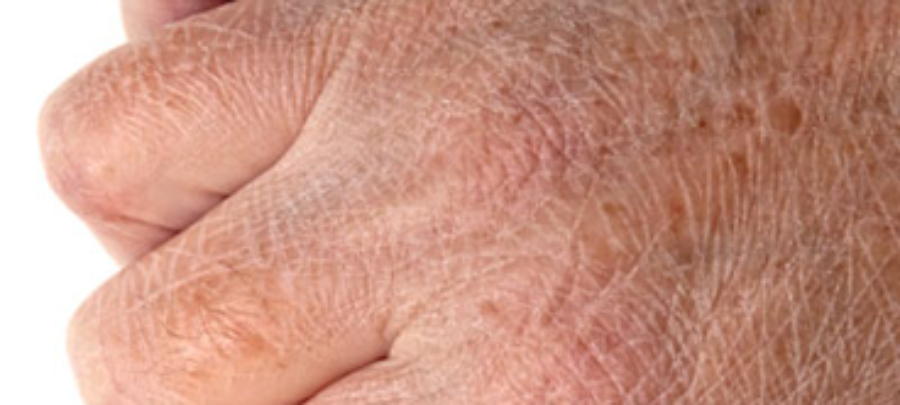The Coalition for At-Risk Skin recently released a report including 21 consensus statements
regarding the use of moisturizers and skin barriers for people with at-risk skin, including people
at the end of life.
In this post, we include three take-aways from the report.
1. We may not be using enough lotion. The amount of lubricant recommended by CARS is 30 grams, or 1 ounce, of moisturizer for an entire “standard adult body.” The report identified the male standard as 5’7” tall and 199.9 pounds and the female standard as 5’3” and 170.8 pounds. Individuals living in larger bodies will require more than 1 ounce of lotion, while smaller individuals may require less. Our personal experience is that certain diagnoses tend to rob the skin of moisture. We will talk about these conditions during our upcoming class March 3-5 in Dallas.
2. We may not be using the right kind of lotion. In fact, lotions were not recommended in the report as they often contain large amounts of water and alcohol. The highest marks were given to ointments, but user compliance can be problematic due to the mess. Creams were endorsed as a compromise by the committee.
Also listed in the report were desirable (and undesirable) ingredients to check for. The cream we use most often at the hospice inpatient unit – Biotone Dual Purpose Cream – does contain one of the undesirable ingredients: carbomer, which is a thickening agent. But Dual Purpose also contains many of the desirable ingredients, including glycerin and aloe vera. On balance, we feel comfortable continuing to use Dual Purpose. Patients and families love it, and the results we see are favorable.
3. We may not be applying moisturizers often enough. In fact, it would be impossible for most of us to meet the CARS standard of twice-daily application for our patients. This is where family and other caregivers can be enlisted. The therapist can leave 1-ounce samples of cream or encourage families to purchase quality cream for frequent application between massages. Family and friends often want to help, and this is one way they can.


